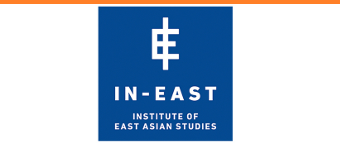Erste Begrifflichkeiten, theoretische Rahmenansätze und Hypothesen zum Projekt "Diskurse über politischen Wandel und Demokratisierung in Ost- und Südostasien"
This paper starts with the discussion of definitions and functions of the term "discourse". Actually, the participants and actors of discourses are intellectuals. We are going to address, therefore, the role of intellectuals in political and social
processes. Furthermore, participants of discourses are not individual persons, they rather constitute a larger group
finding itself in a particular interrelationship of interaction and communication. Beyond interaction the issue of group
formation and of collective behaviour is of major interest. We discern whether or not a group with mobilizational
character, particular interests and influence is alreading existing or emerging by and large. In three of the four societies
we are concerned of (China, Malaysia, and Vietnam) the acting of intellectuals in political processes is strongly related
to patterns of modernization and reactions towards that patterns. As the acting of intellectuals in those countries is
embedded in the arena of modernization processes, we also attempt to trace out the function of intellectuals in those
processes. Finally, we reveal the significance of dis-courses for political change and democratization, and figure out
issues that will be studied further on. The relationship of intellectual discourses and state or Party-controlled discourses
is another matter of principal concern, that only briefly will be addressed in this paper.

